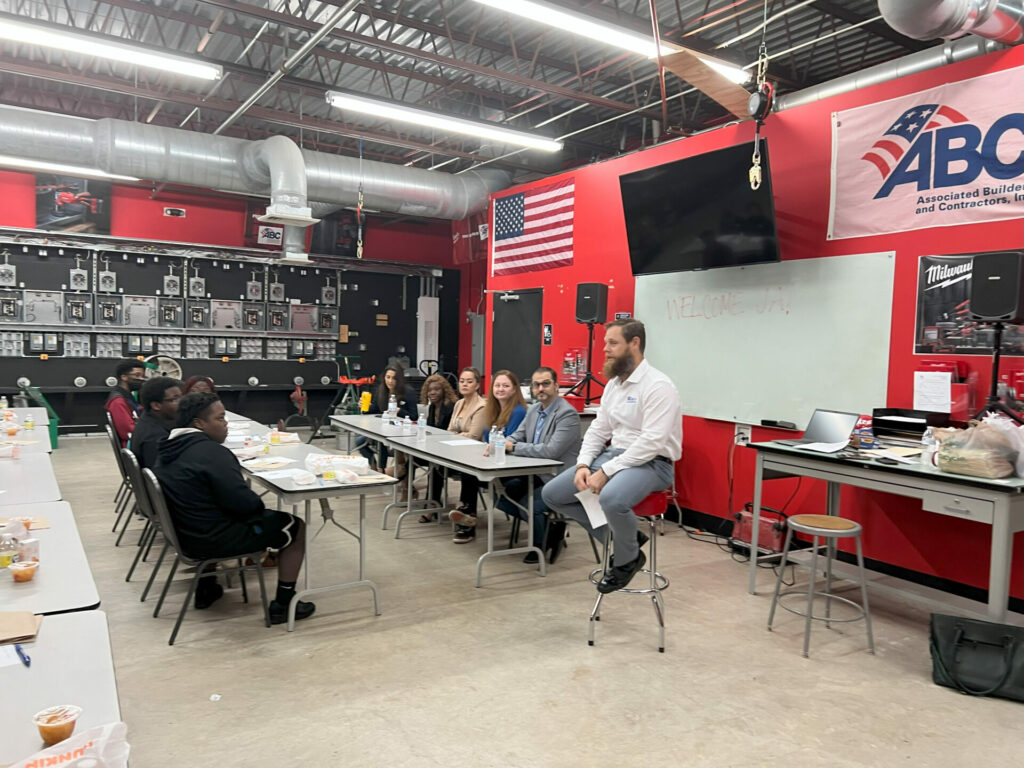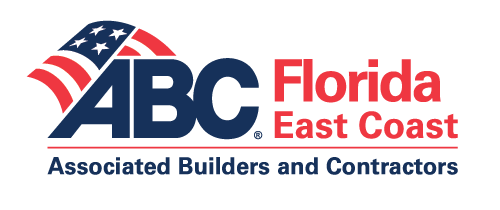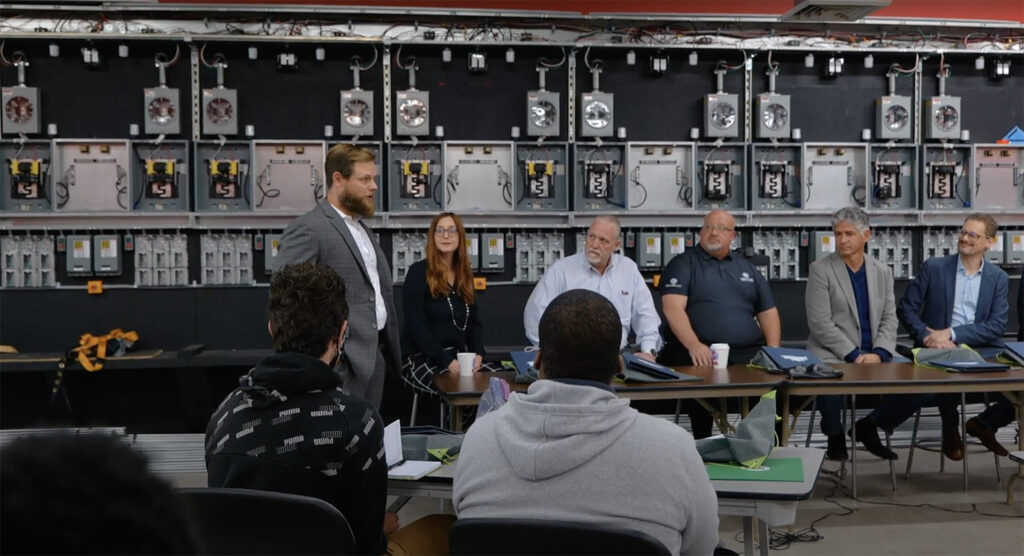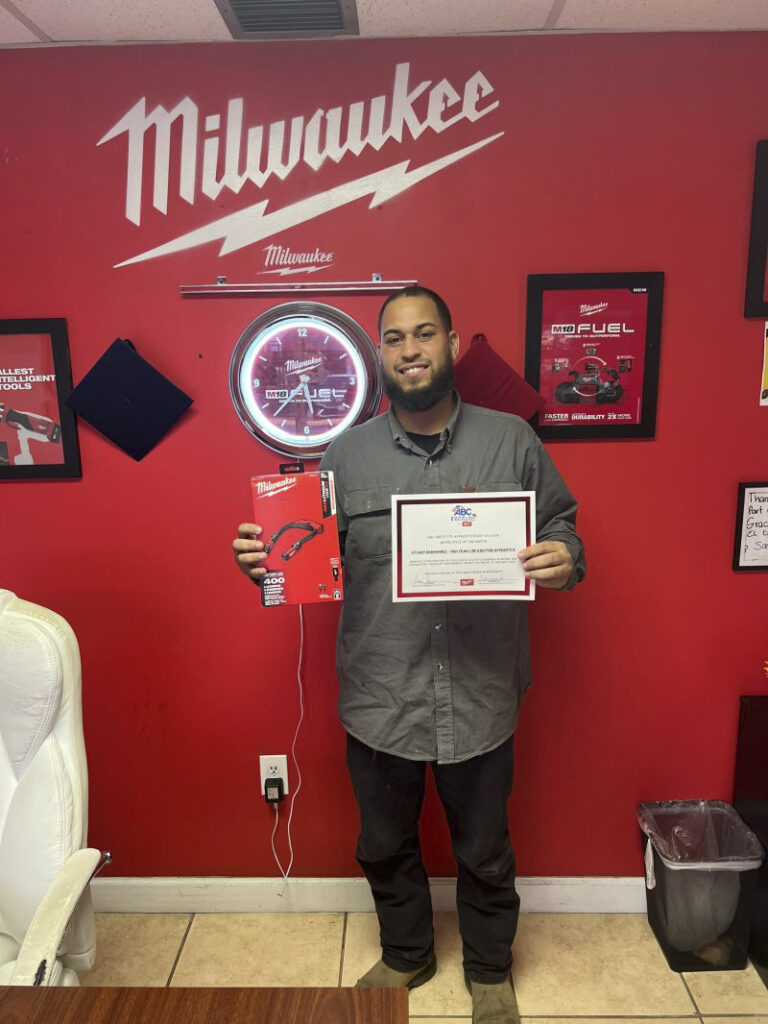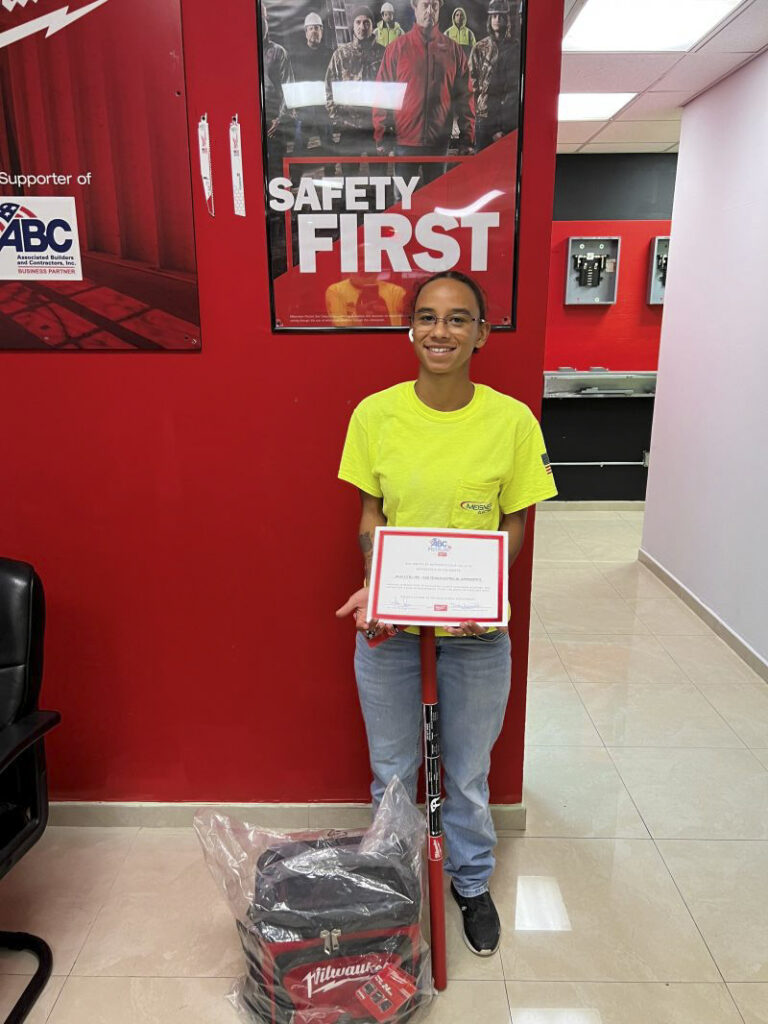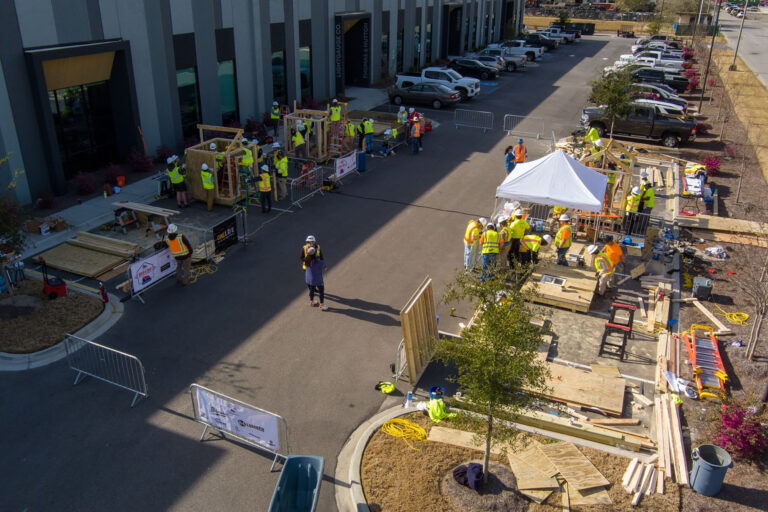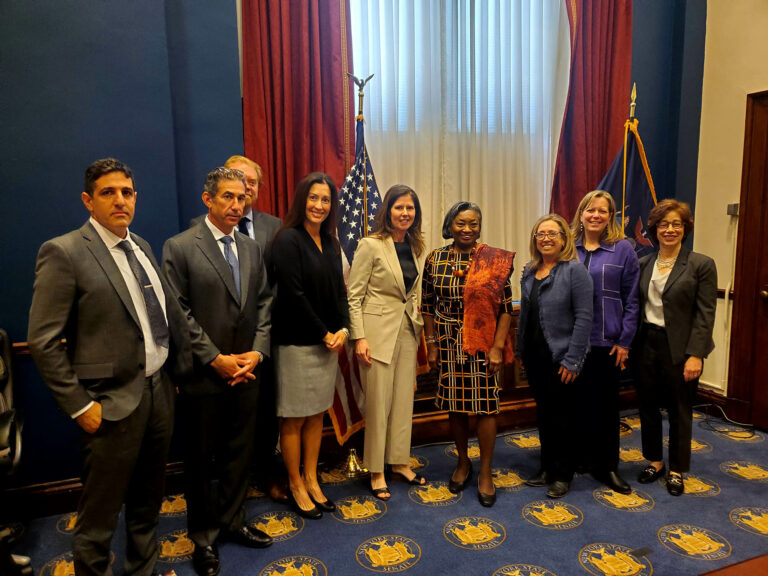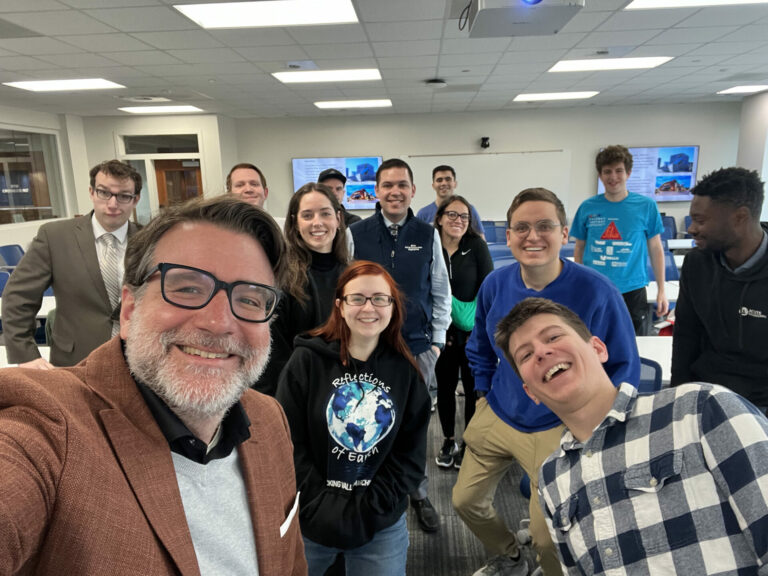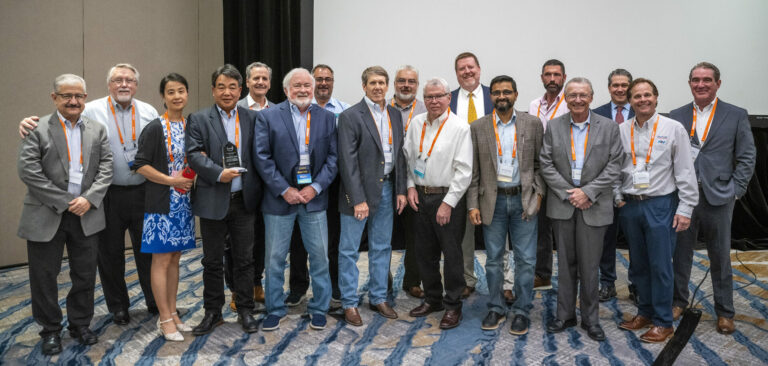When starting at the bottom of the career ladder, the only way to move is up. It may not seem like it, but this is a powerful place to be, especially when deciding which direction to follow. Figuring out which ladder that may be is almost a rite of passage: making the wrong decision can alter life tremendously. For some, the decision is made from a very young age. With this in mind, it has become apparent that reaching young people as soon as possible is important. ABC Florida East Coast Chapter’s partnership with Junior Achievement in Broward County simulates a business for middle schoolers. As the single largest provider of apprenticeship education in the state of Florida— investing roughly $3.6 million in workforce development — the organization aims to excite and encourage the next generation of construction workers.
In order to excel in the construction industry, it is imperative that the required training is completed first. Any skilled tradesman will have completed an apprenticeship in their field at some stage in their lives, but the unfortunate truth is that becoming an apprentice is incredibly difficult unless a person is already working within the chosen trade industry. The legal definition of an apprenticeship program is a combination of related technical instruction, classroom instruction or lab work, as well as on the job training and supervision by a journey person or master of said trade. If an apprentice has no job, they are unable to gain the necessary training, credits, or supervision to elevate their career and continue the ladder climb. However, a pre-apprenticeship program allows an interest to develop and nurtures talent to help it grow in the right direction; up.
President and CEO of Florida East Coast, Peter Dyga, is extremely passionate about the construction industry and developing bright futures within it. “There are a little over 320 registered apprenticeship programs in the state of Florida. Our chapter and our sister chapter in Tampa are two of those 300. So, I’d like to say we’re less than 1% of the registered providers, but anywhere from 15 to 20% of the freshman apprentices last year entered one of our two programs. So, we are by far the single largest provider of apprenticeship education in the state of Florida.”
While Dyga accepts that the apprenticeship program is rigid in terms of legal specifications, he explains that it is vital for young people to be educated on the potential benefits of choosing such a pathway. “An apprenticeship is a very specific legal model or definition of post-secondary education and that’d be the first thing that I stress to people. An equally good first choice to our more traditional college bachelor’s degrees. In some ways, I would say we have some things going for us that make us a better choice, which is, by law, its tuition free. The graduate apprentice will be equivalent of someone who graduated with a bachelor’s degree and will actually make more on average than someone with a bachelor’s degree. So, you’re graduating with zero debt and you’re making more than average, plus you already have a job.”
ABC Florida East Coast Chapter likes to equate its values and benefits to three legs of a stool. Dyga uses this as an example to express the importance of the chapter’s core. Without the three legs, a stool will not stand. To Dyga, each leg represents a different aspect of the chapter: Business Development and Relationship Building, Education, and Government Affairs.
“There are a little over 320 registered apprenticeship programs in the state of Florida.”
Investing time and money is important to the people at not only ABC Florida East Coast Chapter, but all chapters. The Florida East Coast Chapter has 1.5 full-time government affairs professionals, as well as two contract lobbyists to supplement their needs, and a full-time lobbyist for ABC of Florida. Electing the right people is critical to the success of the construction industry. Construction is one of the most regulated industries. Therefore, having a strong focus on advocacy and government affairs is beneficial to all members of any ABC Chapter.
The other leg of this stool which refers to Business Development and Relationship Building is the backbone of construction. Networking opportunities lead to new developments, partnerships, increased work, and the cycle continues. ABC Florida East Coast Chapter’s members consist of approximately 73% contractors and boasts great potential for developing future business relationships. The education leg that completes Dyga’s stool is arguably the most important aspect of the ABC Florida East Coast Chapter. While the chapter is heavily involved in the pre-apprenticeship/apprenticeship side of education, an array of educational services and courses are also available to those within the industry.

Peter Dyga – President/CEO 


The construction industry is filled with talent workers, tradesmen, craftsmen, and artists. Finding ways to develop these talents further is part of Dyga’s vision for the ABC Florida East Coast Chapter. The chapter is on a mission to excel and exceed all expectations while catapulting ABC into the future and cementing them as leaders in construction and education. However, like any organization, the chapter is only as strong as those within it. This is why the members of ABC Florida East Coast are instrumental to its ongoing success. All of the work the chapter undertakes is to solidify a stronger future for the construction industry and its members.
Dyga’s passion for the construction industry is clear to see. However, for him, it is not just a job, this is a future. “I can think of no other industry where the American Dream is as alive as it is in construction. And what do I mean by that? I mean, you can start with the tools on your belt. You can spend four years in a post-secondary apprenticeship getting your degree or certificate, and some short time after that you may want to open up your own company. You may want to be your own electrical contractor and take the skills that you learned and be a businessman as well or an entrepreneur.”
That is the thing about the construction industry, there will always be ladders available to climb. But unlike most ladders, these ladders have no limit. You can continue to climb and climb until you have reached a successful career; or better yet, a successful future.









